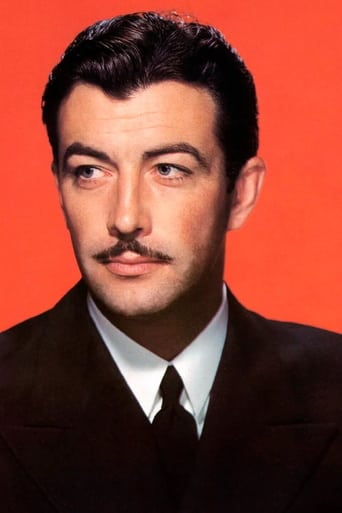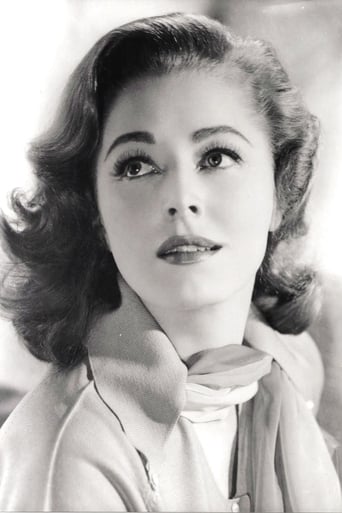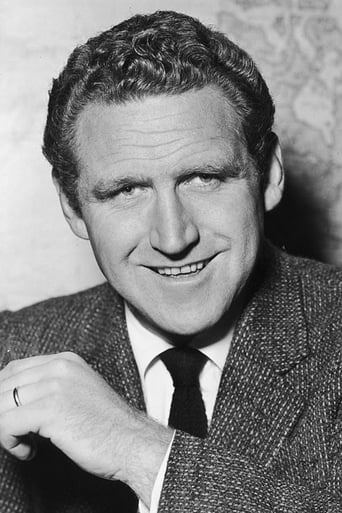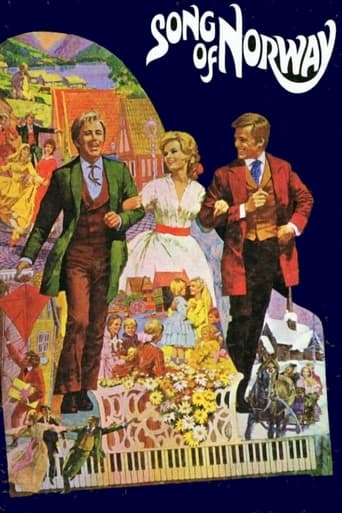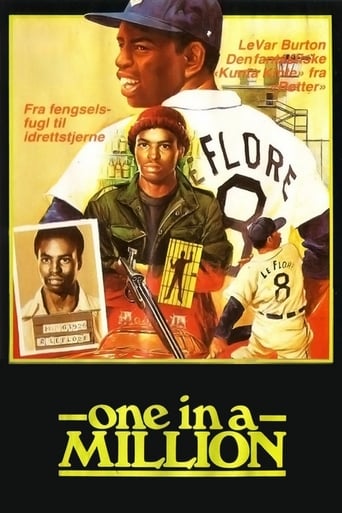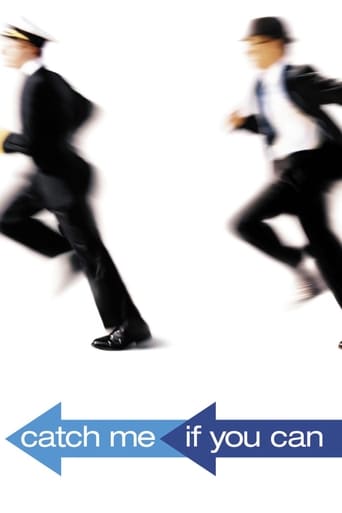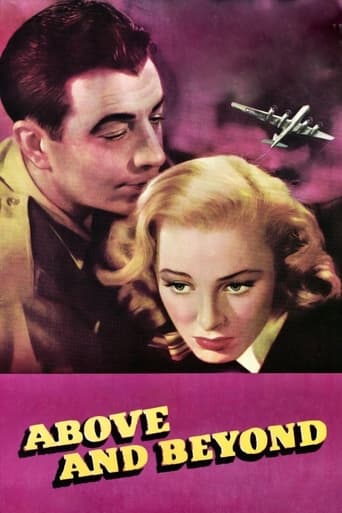
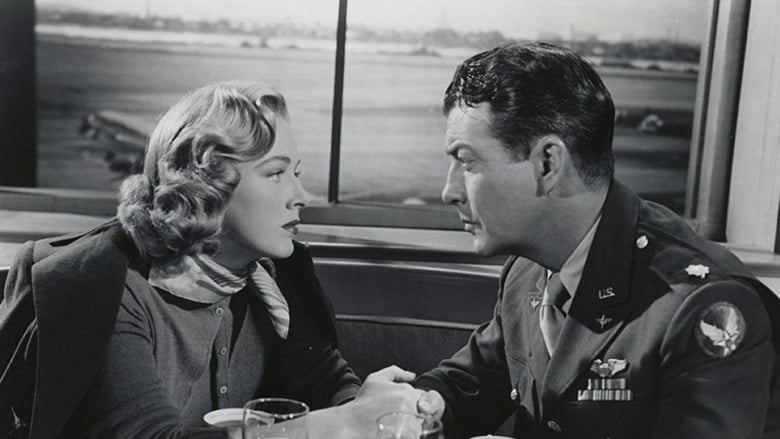
Above and Beyond (1953)
The story of Colonel Paul Tibbets, the pilot that dropped the atomic bomb on Hiroshima. Although unaware of the full potential of this new weapon, he knows that it can do tremendously more damage than any other weapon used before, and that the death toll resulting from it will be huge. He is reluctant to be the person who will end so many lives, but as time goes on, the pressure upon him only increase.
Watch Trailer
Cast
Similar titles



Reviews
ridiculous rating
I don't have all the words right now but this film is a work of art.
It is a whirlwind of delight --- attractive actors, stunning couture, spectacular sets and outrageous parties.
Worth seeing just to witness how winsome it is.
Highest rating with Robert Taylor and Eleanor Parker giving phenomenal performances, perhaps the best ever in both of their careers.After he has been chosen to test pilot the B-29 bomber, Taylor is so affected by his work in the preparation of dropping the atomic bomb on Japan, that he becomes intolerable to live with and is extremely harsh with all those under his command. He had no choice as the objective of his work obviously had to remain top secret.This is definitely a superior story of the human spirit in triumph.Taylor is aided by an excellent supporting cast headed by Larry Gates, Larry Keating and the recently departed James Whitmore.The emotional pain of Taylor is sincerely etched in his face in an unforgettable performance.
According to this film's take on the dawning of the atomic age, Col. Paul Tibbetts rushed the bomb to the skies of Hiroshima to save his marriage. The premise of this simplistic look at a complex and critical event in human history is every bit as pernicious as it sounds. The top secrecy surrounding the preparations to drop the bomb put an intolerable strain on the commander of the operation's marriage. To reassure his wife required the deaths of 80,000 Japanese, but hey, Tibbett's family life was saved.Given what they had to work with, Robert Taylor and Eleanor Parker as Mr. and Mrs. Tibbetts do manage to create some mild emotional interest. Given the film was made only seven years after the event, multidimensional analysis or a nuanced reassessment of this watershed event in history could hardly be expected. Taylor's character merely reiterates the self-justifications that the real Paul Tibbetts always offered for his actions in interviews. It was an awful thing thing to have to do, but it was his job, and it shortened the war, saving lives. In the sixty years' since, history has built a far more complex explanation of the forces that led to this ghastly conclusion to the war. The film shows no such hesitations about the morality of the project, and in several scenes characters confidently and without irony pray for God's blessing on the enterprise.The film is of some scientific and historical interest in its depiction of the technology that went into the Enola Gay's mission. The sequence of the bombing itself is compelling. The remorse Taylor displays in these scenes was probably his finest acting moment in a lengthy career that earned him little distinction for acting ability. However, the simplified technological explanations at times have the quality of a scientist in a b&w grade B sci fi movie of the 50's explaining where the giant ants or octopus came from. The viewer must remind him or herself that fantastic as it sounds, this was real, which only reinforces the horror of atomic weapons.In short, this attempt to stuff the life of Paul Tibbetts and the outcome of the Manhattan Project into the standard formulas of Louis B. Mayer's post-war Hollywood is inappropriate, unwieldly, and in the end, offensive to today's post-Cold War sensibilities.
The baloney that dropping the A-bomb saved anyone's life is still showing up in textbooks, and most of the confusion traces back to this blockbuster. Without recognizing pure Hollywood myth, audiences swallowed hook, line and sinker its careful rewrite of history, so that ultimately it became the American excuse for using nuclear weapons on a country that was already on its knees, had no defenses left, and was actively negotiating terms for surrender. My daughter returned home from school one afternoon recently and described the printed warnings, dropped from American planes by kind-hearted soldiers, that Hiroshima would soon be vaporized and residents had better leave. I remember learning about them myself. That's a great story, but the fact is, no warnings were ever dropped. Most Americans don't know that. This film is why. Our firebomb assaults had already fried 85% of Tokyo; Japan's planes and navy were gone; what would be the strategic advantage of incinerating 100% of two remaining cities other than to test the costly atomic weapons? Even the Manhattan Project scientists expected these bombs to be used as a threat -- rather than actually be dropped on anyone -- and petitioned the President with that message. Rewriting the truth to paint a kind, gentle American everyman pilot, the plot assures viewers we did the right thing. By the time the story's over, there is no question that dropping bombs this big was the right thing to do, saving countless lives -- except that these mitigating things simply never happened. Any red blooded American can look up the facts. I did. For its cock and bull story, this film is a treasure. Read it and weep.
This film tells the story of the dropping of the first atomic bomb. Pilot Tibbets is played by Robert Taylor and Eleanor Parker portrays his wife. The rest of the cast includes a bunch familiar faces, but the performances are standard. Taylor does a particularly good job as the officer tormented by the morality of his task and the disintegration of his marriage.This film has some good moments. One of them is uncharacteristically humorous. The colonel comes home one afternoon to hear sounds from the kitchen. His wife tells him that she has found someone to fix the plumbing. "Who?", enquires Taylor. "One of the sanitary engineers", she says, referring to the men in white coats she pointed out to her husband upon their arrival. The plumber turns out to be one of the scientists with the Manhattan Project. "He is very nice," she says, "but he's very smart."Another powerful moment is when the "Enola Gay" drops the bomb on Hiroshima. There is one word of dialogue in this scene. Taylor looks at the mushroom cloud and says "God." The enormity of this moment does not need words, and the film delivers.The film makes a sincere effort to deal with the morality of the bomb. In one scene the general questions Tibbets' feelings about his mission. If I wasn't concerned about what I'm about to do he says I wouldn't be much of a man. After dropping the bomb, he angrily responds to a reporter's question about how he feels about killing 80,000 people by saying "How do your reader's feel?" When his wife hears what he has done she retreats to her room in silence, ignoring the eager reporters.I found the scene in which Tibbets is selected for his mission to be problematic. It is hard to buy in to the premise that an officer would be rewarded for insubordination by a top-secret assignment.This film was a bit too long, but it is well worth watching. It may not be fun to watch the story of the atom bomb, but it is a story that deserved to be told. The movie does a credible job with it and should be recognized for that.

